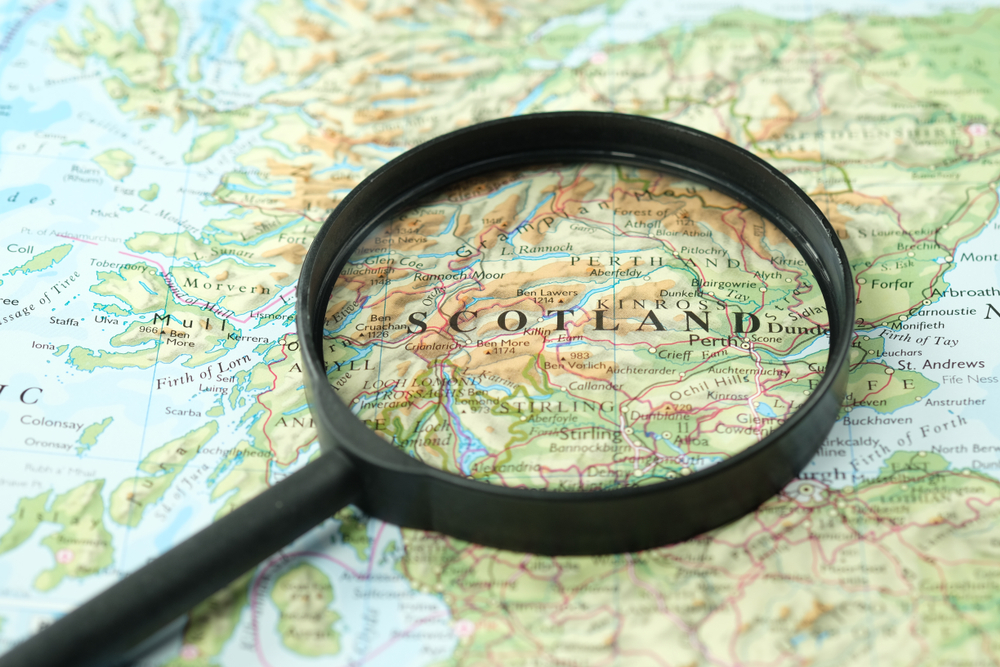Back to betting business
Sports betting stores in Scotland reopened on Monday for the first time since December 26, 2020. With the easing of COVID-19 measures, about 750 of these retail wagering facilities were back in business. The move comes a couple of weeks after betting stores in Wales and England resumed operations for the first time in 2021.
bettors will have to provide their contact details as part of the country’s COVID-19 tracing program
Scottish retail betting outlets have to adhere to extensive health and safety protocols to safely serve customers. These include the use of Perspex screens and having extensive hand-sanitization facilities. Gaming machines will remain switched off, TV screen volumes will be low, and bettors will have to provide their contact details as part of the country’s COVID-19 tracing program.
While betting operators are being encouraged to minimize the amount of time that people spend inside their stores, customers do not have to adhere to a particular time limit.
Reactions to store reopenings
The Betting and Gaming Council (BGC) welcomed the news, saying that it is “another step towards normality”. The UK betting and gambling industry body tweeted out useful information about some of the rules that are in place upon the reopening of Scottish betting stores:
According to the BGC, about 4,000 people work in Scottish betting outlets. These businesses contribute £80m ($111m) in tax annually, as well as £6m ($8.3m) in business rates. Speaking about the reopenings in Scotland, BGC chief executive Michael Dugher said:
It’s great news for their staff and customers, and of course it is an important source of funding for horseracing.”
John Heaton, the chairman of independent betting store chain Scotbet, said that not having any gaming machines initially after reopening is an issue. He maintained: “It’s not as if we can save any costs, so opening is going to be a loss maker.”
Heaton also expressed his unhappiness at the lack of support that betting stores have received in the country. He referred to how every other type of high-street store was eligible for a business rates holiday for two years to soften the blow of the pandemic. Meanwhile, betting stores are still subject to retail business rates despite largely being closed for the past 12 months.
Gradual return of UK gambling sector
While betting stores have reopened in Scotland, casinos in the country do not look like they will be able to open until at least June. The Scottish government has stated that casinos can only reopen once the virus situation in the region reaches “level two”.
Betting stores in England and Wales reopened on April 12. They are unable to show any live sport, customers can only visit twice a day, and premises must close at 8pm. The number of bettors allowed in a store at one time depends on the size of the premises, but the largest possible number of customers in a single store is eight people. Customers also have to adhere to a 15-minute time limit. Wagering facilities may also have up to two gaming machines available to play.
A recent Ernst & Young report that the BGC commissioned stated that the betting stores in the UK support about 46,000 jobs. The sector also contributes almost £1bn ($1.4bn) annually in tax, plus nearly £350m ($485m) to the horse racing industry through a betting levy and media rights.




